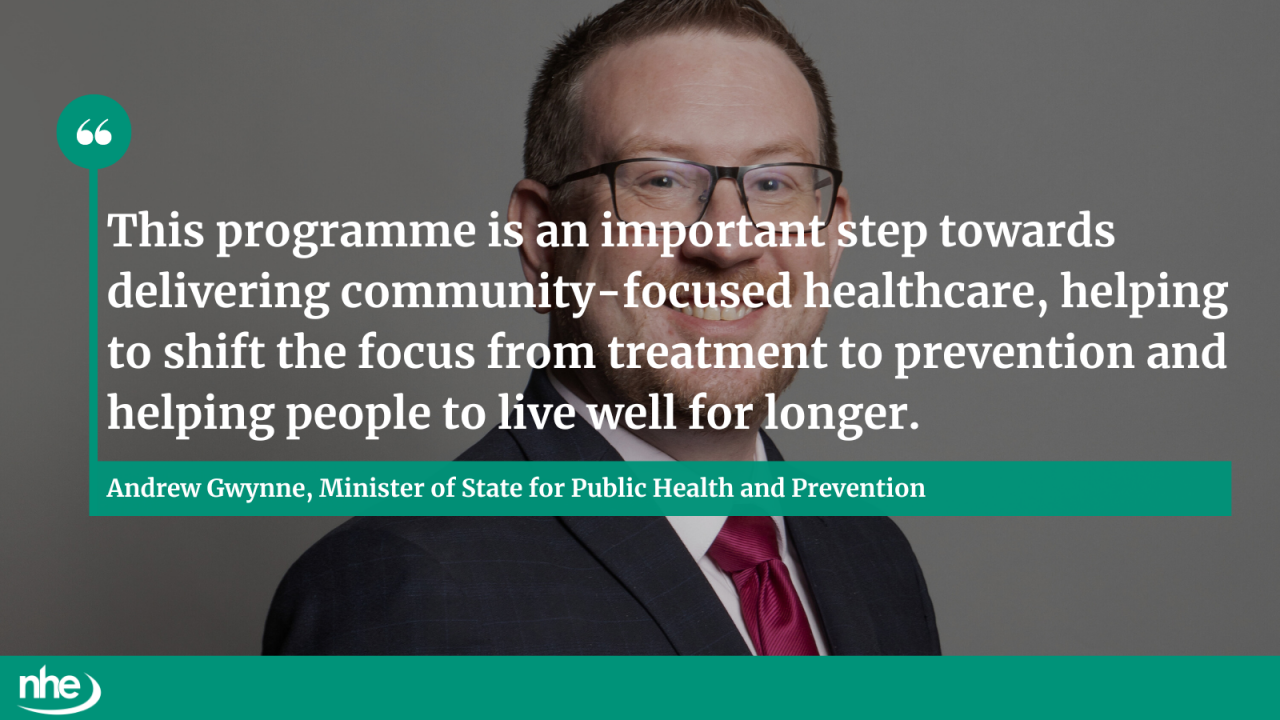NHS England (NHSE) is trialling blood pressure tests at dentist and optometry appointments in a bid to find those at risk of stroke and heart attacks faster.
It is thought that more than 60 sites will help pilot the tests, with over 100,000 tests expected to be delivered in the first year.
NHSE estimates that around 4.2 million people have high blood pressure without knowing it. Lowering it even a small amount can reduce the risk of:
- Stroke
- Heart attack
- Kidney disease
- Vascular dementia
A successful approach
The move follows the success of the community pharmacy blood pressure check scheme, which delivered more than a million tests in the last year.
This next phase has already been piloted in London and Yorkshire, with the programme set to expand so it includes as many as 15 integrated care boards across England.

Six areas will focus on dentistry, five on optometry, and four will work across both sectors – the pilot will launch over the coming months.
The NHS found that, across the 24 dental practices the scheme was used at in Humber and North Yorkshire, one in 10 patients had hypertension.
After offering the checks in five practices in Bexley and Hackney, survey findings show that approximately half of the attendees would not have otherwise got their blood pressure tested.
Potentially life-saving
“These convenient checks at dentists and optometrists will enable thousands of people to monitor their blood pressure and could potentially be life-saving,” said NHSE’s national clinical director for cardiovascular disease prevention, Helen Williams, while speaking at the European Society of Cardiology Annual Conference in London over the weekend.
“Many otherwise healthy people over 40 only visit their GP when they’re feeling unwell, but offering these vital checks as part of routine dentist or eye test appointments means we can identify and support more people at risk.”
Government minister for public health and prevention, Andrew Gwynne MP, added: “By checking our health and getting help early on we can prevent serious conditions such as heart disease and stroke – which is why schemes likes this, that make it easier and more convenient, are so important.
“This programme is an important step towards delivering community-focused healthcare, helping to shift the focus from treatment to prevention and helping people to live well for longer.”
Image credit: iStock



















